Natural Hair Strengthening Treatments: 6 Easy DIY Remedies
Strengthen and nourish your hair with a few organic ingredients from your pantry.
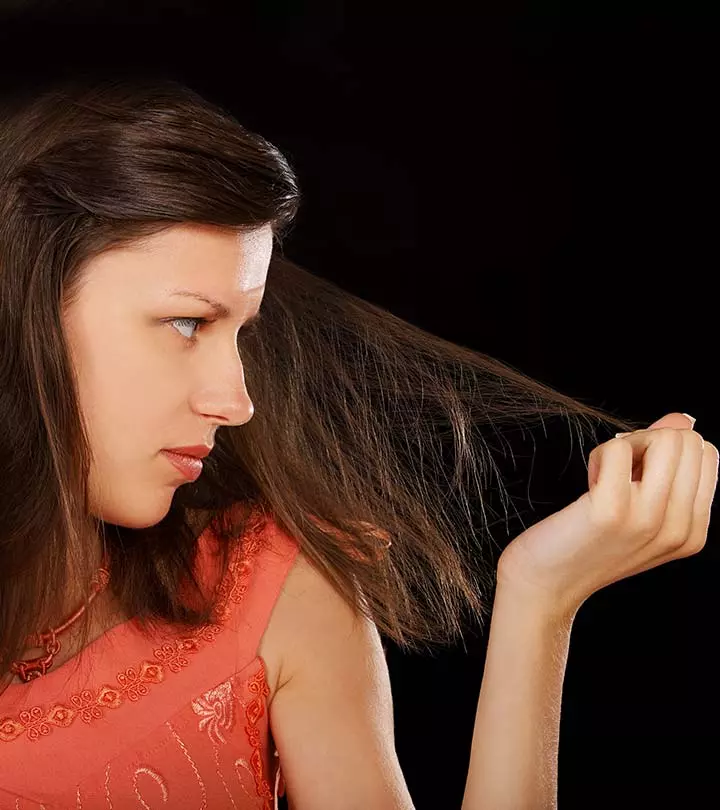
Image: Shutterstock
If you are looking for the best natural treatments for strong hair, we can help! A lot may go wrong with your hair if you don’t take proper care of it. Your hectic lifestyle and rising stress levels can take a significant toll on your health in a variety of ways, and brittle hair may be one of the consequences.
Only some of us are gifted with strong, beautiful natural hair. But, regardless of your hectic schedule or poor hair health, you may achieve strong hair with the proper hair revitalizing treatments.
In this article, we will provide you with some kickass hair repair treatments, and tell you how to strengthen your hair using just natural remedies. Scroll down to check them out!
In This Article
What Are The Symptoms (Telltale Signs) Of Weak Hair?
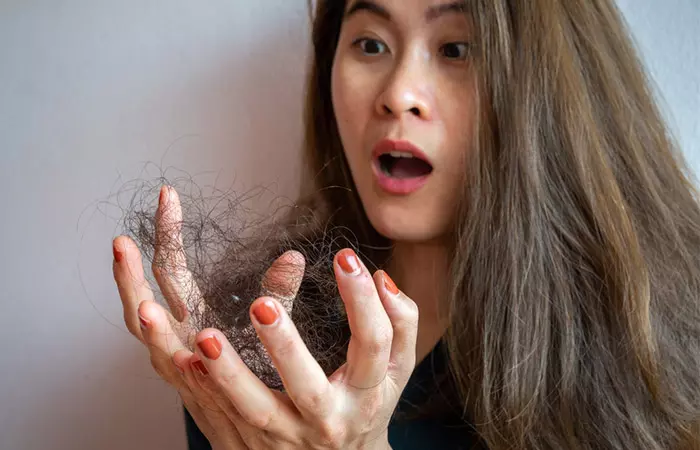
- Experiencing more than usual hair breakage
- Hair that appears to be dull and lifeless
- Split ends
- Dryness
- Rough and frizzy texture
- Hair that tangles a lot
- Thinning hair
- Hair that is limp and cannot hold a style
Key Takeaways
- Hormonal imbalance, excessive use of heat and chemicals, and genetics may cause weak hair.
- Massaging oil into your hair, trimming split ends, and choosing the right products may prevent further damage and keep your hair healthy.
- Avoiding heat styling tools and taking multivitamin supplements may protect your hair from damage and promote growth.
- Increasing protein intake may promote hair health.
What Are The Causes Of Weak Hair In Women?
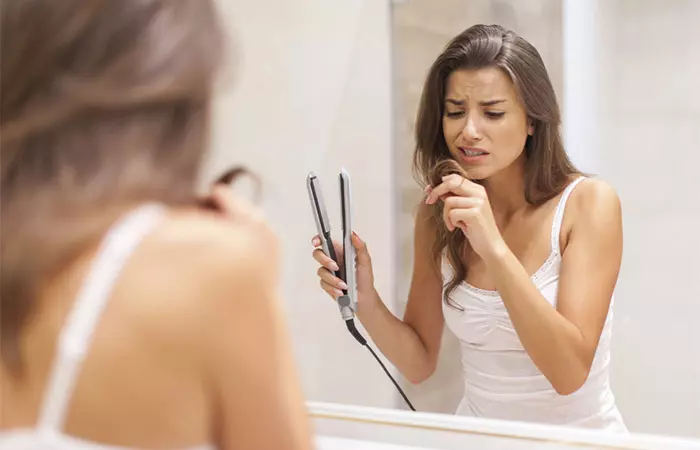
1. Genetics
Your genes are the biggest influencing factor when it comes to the texture and strength of your hair. Whether you get thick and coarse hair or fine and silky hair, it depends on the genetic makeup of your hair, which is passed down from your parents. Hair disorders that influence the health of your hair also depend on your genetic predisposition (1).
2. Chemical Processing
Chemical processing, in the form of coloring or changing the structure of your hair, damages your cuticles and makes your hair weak
(2), (3). The cuticle is the outer layer of your hair, which acts as a barrier that protects the hair shaft. Once it is damaged, the hair becomes weak and porous. This can also lead to hair loss.
3. Excessive Heat
Subjecting your hair to excessive heat by using hot styling tools regularly damages the cuticles (4). Taking hot showers also has an extremely damaging effect on your hair. This happens because when heat is applied to the hair shafts, the cuticles rise and let in excessive moisture (5). The risen cuticles reduce the tensile strength of the hair and are unable to protect the shaft from harmful external factors.
4. Lack Of Proteins
Proteins make up most of your hair’s build-up. If the follicles do not get a sufficient supply of proteins, your hair becomes weak, brittle, and prone to damage. Protein deficiency has also been linked to hair loss (6).
 Trivia
Trivia5. Hormonal Imbalance
Hormonal imbalances that are caused due to thyroid disorders can often lead to hair loss (7). PCOS and menopause can also be a reason for abnormal hair growth.
6. Food Habits
A balanced diet is essential for healthy hair growth. If your body is deprived of certain vitamins, minerals, and proteins, it can lead to abnormal hair growth (8).
 Trivia
TriviaThere are a few easy tests that you can conduct on your hair to see whether it is weak.
How To Diagnose Weak Hair
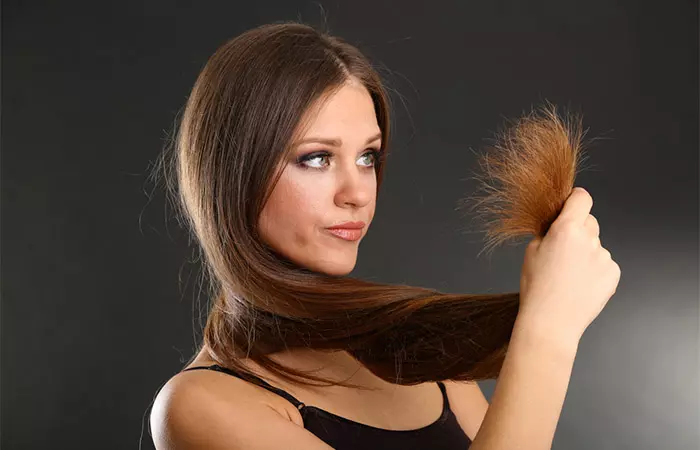
The first way to see if your hair is weak is by wrapping a bit of your hair around your finger. If there are a lot of lifted ends, it is likely that your hair is damaged and weak.
Another way to see if your hair is weak is by pulling a strand from both sides and see if it breaks easily. If it does, your hair is weak and in need of help. If it stretches a bit and springs back, your hair is strong and healthy.
If you want to know how to make hair stronger, we have put together a list of natural hair thickening treatments for strong hair.
How To Make Hair Stronger Using Natural Treatments
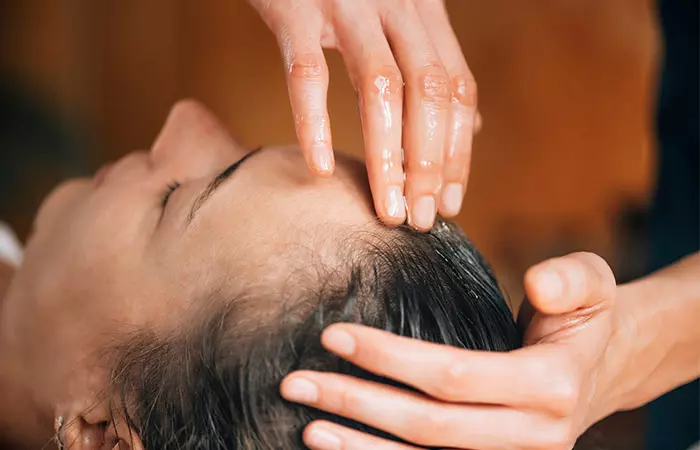
If you have been wondering about how to get strong hair, and if natural hair care products and hair treatments work, we’re here to tell you that they do. Homemade treatments are good for your hair, and unlike commercial products, you also know exactly what you are putting in your hair. Be it hair oils, shampoos, conditioners, hair serums, or hair spa treatments, everything can be prepared at home. There is also the added benefit of steering clear of chemicals.
The following is a list of natural hair volumizing treatments that ensure long hair that is also strong and healthy. Here’s how to grow hair faster with these DIY home remedies.
1. Coconut Oil Massage
Coconut oil
is one of nature’s best ingredients for hauntingly lovely tresses. One of the most popular ingredients for hair texturizing treatments, coconut oil has penetrative properties, making it better equipped to nourish your hair shaft with its fatty acids (9).
The massage will heal your damaged hair cuticles and make them softer, silkier, and stronger.
What You Need
- 2 tablespoons of warm coconut oil
- Shower cap
Procedure
- Dampen your hair a little and massage the warm oil gently onto your scalp. Work your way down your hair to the tips until all of your hair is covered.
- Cover your hair with a shower cap for 30 minutes and then rinse the oil out with shampoo.
2. Essential Oil Massage
The magical essential oils are medicinal and help strengthen your hair follicles and repair weak strands from within (10), (11). If you have been wondering how to get thicker hair without spending a lot on hair-strengthening treatments or keratin treatments from a salon, try this essential oil mix, which may also stimulate hair growth.
What You Need
- 4 teaspoons of grapeseed oil
- 2 drops of thyme essential oil
- 2 drops of cedarwood essential oil
- 1/2 teaspoon of jojoba oil
- 3 drops of lavender essential oil
- 3 drops of rosemary essential oil
Procedure
- Mix all the oils and gently massage the mixture onto your scalp. Cover your hair from the roots to the tips in the oil.
- Cover your head with a warm towel for 10 minutes.
- Rinse with shampoo.
3. Eggs Or Milk
Eggs and milk are both rich sources of protein (12), (13). They nourish your hair, giving it substance and increasing its tensile strength. It is one of the best hair protein treatments you can do at home.
What You Need
- 2-3 tablespoons of full-fat milk (depending on the length of your hair)
or
- 1-2 eggs (depending on the length of your hair)
Procedure
- Soak your hair in full-fat milk for around two to three hours. Alternatively, take an egg and whip it well. Apply it to your hair and leave it on for about two hours.
- Rinse your hair thoroughly after the treatment. You do not need to use a conditioner.
- Try this twice a week for best results.
4. Homemade Hair Tonic
This hair tonic/rinse will give you shining, healthy, and strong hair with regular use. Make this rinse a part of your hair care routine by using it at least once every fortnight. The results can be as good as the several hair nourishing treatments available in salons.
What You Need
- 2 tablespoons of crushed parsley seeds
- 1/2 cup of chopped rosemary
- 2 cups of water
Procedure
- Boil the ingredients in water and let them soak in the boiled water for 20-25 minutes.
- Let the solution cool and then strain carefully.
- Pour the liquid on your freshly washed hair and wrap it with a warm towel for at least an hour. Do not rinse your hair after this. Let it dry naturally.
5. Onion Juice For Hair
Onion juice is renowned as one of the best hair loss treatments and is also one of the best home remedies for hair growth (14). Here is an easy recipe for an onion juice solution to make your hair stronger and deal with your hair fall woes. You can do this up to twice a week for healthy hair growth.
What You Need
- 1 onion
- Blender/grater/juicer
- Strainer
Procedure
- Peel the outer layers of the onion and wash it well.
- Grate the onion using your grater or toss it into the blender or juicer. Using your strainer, squeeze the pulp to extract as much juice as possible.
- Massage the juice into your hair and scalp and let it sit for 30-45 minutes.
- Rinse the juice off your hair using your shampoo.
6. Aloe Vera For Hair And Scalp
Aloe vera has been used for various purposes over the centuries. It contains vitamins, minerals, amino acids, and enzymes that are responsible for its anti-inflammatory properties. It also has antimicrobial properties and the enzymes in it prevent hair loss by protecting the scalp from issues such as seborrheic dermatitis and dandruff. Moreover, it also provides protection against sun damage (15).
What You Need
- 2-3 tablespoons of fresh aloe vera gel
- A few drops of any essential oil
Procedure
- Mix 2-3 tablespoons of fresh aloe vera gel with a few drops of your preferred essential oil in a bowl.
- Shampoo and condition your hair. Then, apply the aloe vera mixture evenly to your damp hair, especially on the scalp and tips.
- Gently massage it in, leave for 15-30 minutes, and rinse with cool water.
In addition to using the above remedies, you also need to follow a few tips to strengthen your hair. They are discussed below.
Tips On How To Strengthen Weak Hair
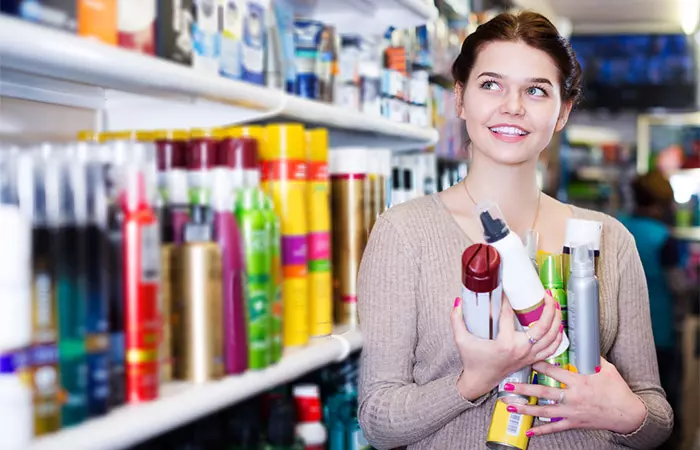
Here are a few essential hair care tips and tricks you can follow to strengthen weak hair.
1. Avoid Chemical Treatments
As we mentioned earlier, chemicals can cause hair damage. Over-processing your hair with chemicals is likely to make it damaged and weak. Therefore, it is best to reduce the frequency of getting hair straightening treatments, or hair smoothening treatments.
2. Choose The Right Products
Choose mild products with proteins and other nourishing ingredients. When selecting a shampoo, avoid the ones with sulfates and alcohol.
Aviva, a blogger, shares her experience of using natural ingredients in her haircare routine: “My hair still isn’t as bouncy, shiny, and beautiful as I want it to be. It can get a little stiff, but I think this is due to bad rebonding more than anything. However, my hair is shinier, less frizzy, and stronger than it used to be. This is the result of a combination of coconut oil and hair products that use all-natural ingredients (i).”
3. Avoid Daily Shampooing
Shampooing your hair every day will strip away the natural oils from your scalp, making your hair dry and prone to damage. Limit your washes to three times a week to ensure good hair health.
4. Avoid Heat Styling Tooks
The cuticles protect your hair and keep it healthy. Putting your hair through excessive heat can damage the cuticles and ruin the texture of your hair, making it prone to breakage, frizz, and split ends. If you have to use heat styling tools, use a heat protectant spray before styling, and always set your tools to the lowest heat setting.
5. Increase Intake Of Proteins
Proteins make up the largest part of your hair’s build-up. It is important that you consume protein-rich foods for hair growth such as fish, soy, and eggs.
6. Consume Omega-3 Fatty Acids
Omega-3 fatty acids help in promoting hair growth. Regular consumption of omega-3s will ensure thickening of hair and regrowth. Consume them as a supplement or eat seafood that is rich in this fatty acid.
7. Take Multivitamin Supplements
When you fail to include certain vitamins in your diet, taking vitamin supplements is a good idea to ensure that your hair stays nourished. However, consult a healthcare professional before you start using any hair supplements.
8. Consume Fresh Fruits And Vegetables
Consume fresh fruits and vegetables that are rich in vitamins and antioxidants, which help fight free radicals that cause damage to your hair.
9. Drink Plenty Of Water
This is one of the most important things to do if you want strong hair. Keeping your hair hydrated is just as important as keeping it nourished. Drinking plenty of water ensures that your hair and scalp stay moisturized.
10. Follow A Healthy Diet
Maintaining a healthy diet is crucial for strong hair growth. Consume the recommended portions of vitamins, minerals, proteins, carbohydrates, and water.
Infographic: Make Hair Stronger With Natural Treatments
Dull and damaged locks are prone to more breakage, but you can make them stronger with the help of some effective home remedies. These remedies can repair hair damage and provide nourishment. Check out the infographic below to learn in detail about how to make hair thick and strong from the roots naturally, using these remedies. Illustration: StyleCraze Design Team

Follow these methods and recommendations for the best natural treatments for strong hair to ensure that your hair grows strong and healthy. With a little extra effort and care, you may transform your damaged hair into a healthy hair. However, if you discover that your hair is becoming more prone to breakage and if you are losing more hair than expected, you should speak with your doctor about it. Hair loss is common in both men and women, but it can also signal a deeper health problem.
Frequently Asked Questions
Which oil makes hair roots stronger?
Different oils tackle different hair issues. You can apply coconut, almond, castor, hibiscus, jojoba, or argan oil to make your hair stronger. You can also pair these oils with essential oils to improve your hair health. But to ensure increased hair strength, make sure to follow a regular hair care regimen that includes oiling your tresses and applying hair masks and packs.
Does rice water thicken hair?
Rice water is good for your hair as it contains a carbohydrate called inositol that repairs damaged hair. Rice water also contains amino acids that increase hair volume, strengthen hair roots, and give you smooth and shiny tresses.
Does castor oil thicken hair?
Castor oil contains omega-6 fatty acids that may stimulate hair growth. Using castor oil is one of the most popular hair-thickening treatments you can prepare at home. The oil is also very beneficial in improving your hair health, appearance, and feel.
Illustration: How To Make Weak Hair Stronger Using Natural Treatments
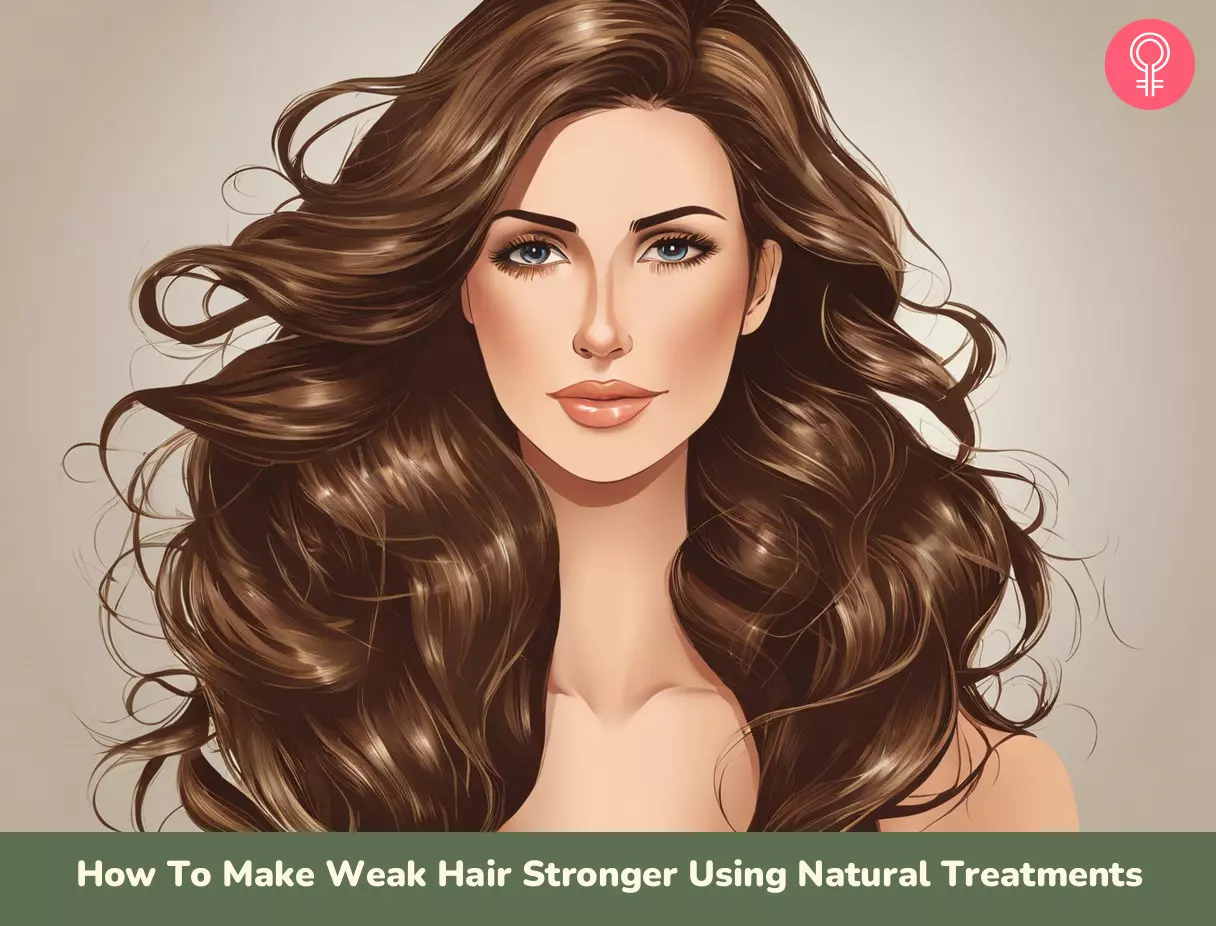
Image: Stable Diffusion/StyleCraze Design Team
Personal Experience: Source
StyleCraze's articles are interwoven with authentic personal narratives that provide depth and resonance to our content. Below are the sources of the personal accounts referenced in this article.
i. The Miracle That Is Coconut Oilhttps://stretchesoftedium.wordpress.com/2012/05/03/the-miracle-that-is-coconut-oil/
References
Articles on StyleCraze are backed by verified information from peer-reviewed and academic research papers, reputed organizations, research institutions, and medical associations to ensure accuracy and relevance. Read our editorial policy to learn more.
- “Is Hair Texture Determined by Genetics?” Genetics Home Reference – NIH.U.S. National Library of Medicine, National Institutes of Health.
https://medlineplus.gov/genetics/ - Ahn, Hyung Jin, and Won-Soo Lee. “An ultrastuctural study of hair fiber damage and restoration following treatment with permanent hair dye.” International journal of dermatology 41,2 (2002): 88-92.
https://pubmed.ncbi.nlm.nih.gov/11982643/ - Kizawa, Kenji et al. “Dissimilar effect of perming and bleaching treatments on cuticles: advanced hair damage model based on elution and oxidation of S100A3 protein.” Journal of cosmetic science 56,4 (2005): 219-26.
https://pubmed.ncbi.nlm.nih.gov/16130044/ - Lee, Yoonhee et al. “Hair shaft damage from heat and drying time of hair dryer.” Annals of dermatology 23,4 (2011): 455-62.
https://pubmed.ncbi.nlm.nih.gov/22148012/ - Gavazzoni Dias, Maria Fernanda Reis. “Hair cosmetics: an overview.” International journal of trichology 7,1 (2015): 2-15.
https://www.ncbi.nlm.nih.gov/pmc/articles/PMC4387693/ - Guo, Emily L, and Rajani Katta. “Diet and hair loss: effects of nutrient deficiency and supplement use.” Dermatology practical & conceptual 7,1 1-10.
https://www.ncbi.nlm.nih.gov/pmc/articles/PMC5315033/ - Trüeb, R M. “Hormone und Haarwachstum” [Hormones and hair growth]. Der Hautarzt; Zeitschrift fur Dermatologie, Venerologie, und verwandte Gebiete 61,6 (2010): 487-95.
https://pubmed.ncbi.nlm.nih.gov/20502852/ - Finner, Andreas M. “Nutrition and hair: deficiencies and supplements.” Dermatologic clinics 31,1 (2013): 167-72.
https://pubmed.ncbi.nlm.nih.gov/23159185/ - Keis, K et al. “Investigation of penetration abilities of various oils into human hair fibers.” Journal of cosmetic science 56,5 (2005): 283-95.
https://pubmed.ncbi.nlm.nih.gov/16258695/ - Hay, Isabelle & Jamieson, Margaret & Ormerod, Anthony. (1998). Randomized Trial of Aromatherapy: Successful Treatment for Alopecia Areata. Archives of dermatology. 134. 1349-52.
https://www.researchgate.net/publication/13457625_Randomized_Trial_of_Aromatherapy_Successful_Treatment_for_Alopecia_Areata - Ali, Babar, et al. “Essential Oils Used in Aromatherapy: A Systemic Review.” Asian Pacific Journal of Tropical Biomedicine, 10 July 2015.
https://www.sciencedirect.com/science/article/pii/S2221169115001033 - Réhault-Godbert, Sophie et al. “The Golden Egg: Nutritional Value, Bioactivities, and Emerging Benefits for Human Health.” Nutrients 11,3 684.
https://www.ncbi.nlm.nih.gov/pmc/articles/PMC6470839/ - Davoodi, Seyed Hossein et al. “Health-Related Aspects of Milk Proteins.” Iranian journal of pharmaceutical research : IJPR 15,3 (2016): 573-591.
https://www.ncbi.nlm.nih.gov/pmc/articles/PMC5149046/ - Sharquie, Khalifa E, and Hala K Al-Obaidi. “Onion juice (Allium cepa L.), a new topical treatment for alopecia areata.” The Journal of dermatology 29,6 (2002): 343-6. d
https://pubmed.ncbi.nlm.nih.gov/12126069/ - Aloe vera : A Potential Herb and its Medicinal Importance. Journal of Chemical and Pharmaceutical Research.
https://www.jocpr.com/articles/aloe-vera–a-potential-herb-and-its-medicinal-importance.pdf
Read full bio of Dr. Vindhya L Veerula
Read full bio of Anjali Sayee
Read full bio of Ramona Sinha
Read full bio of Swathi E







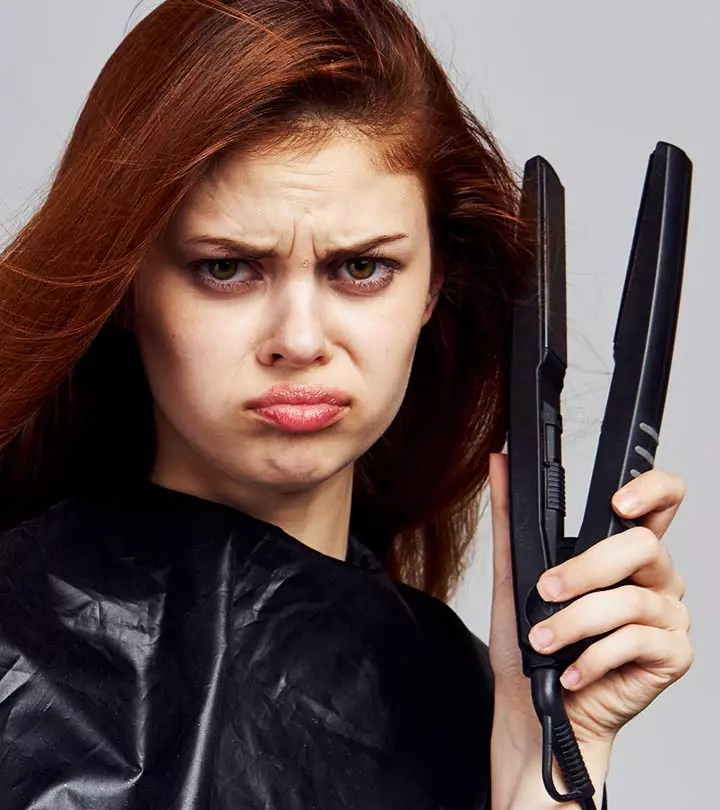
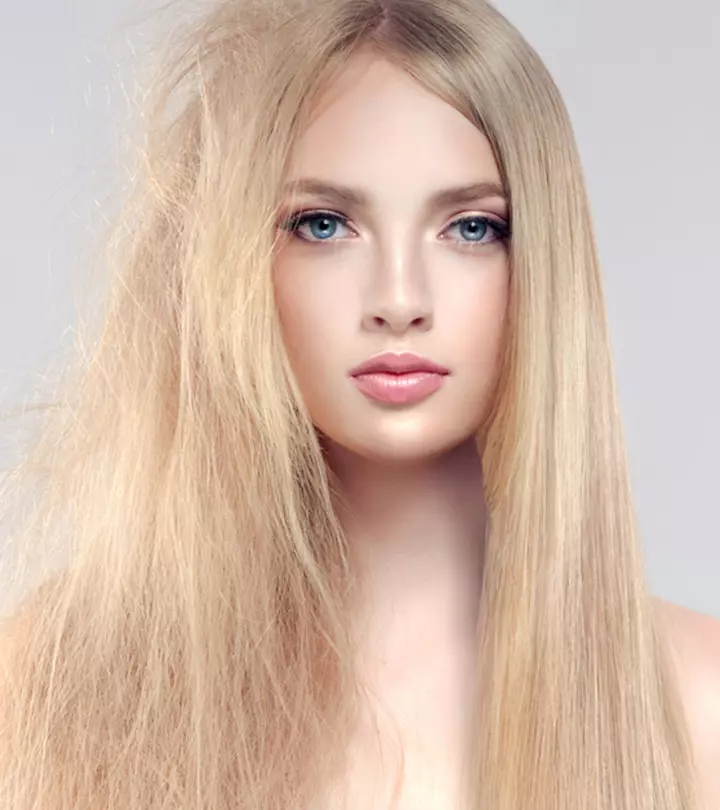
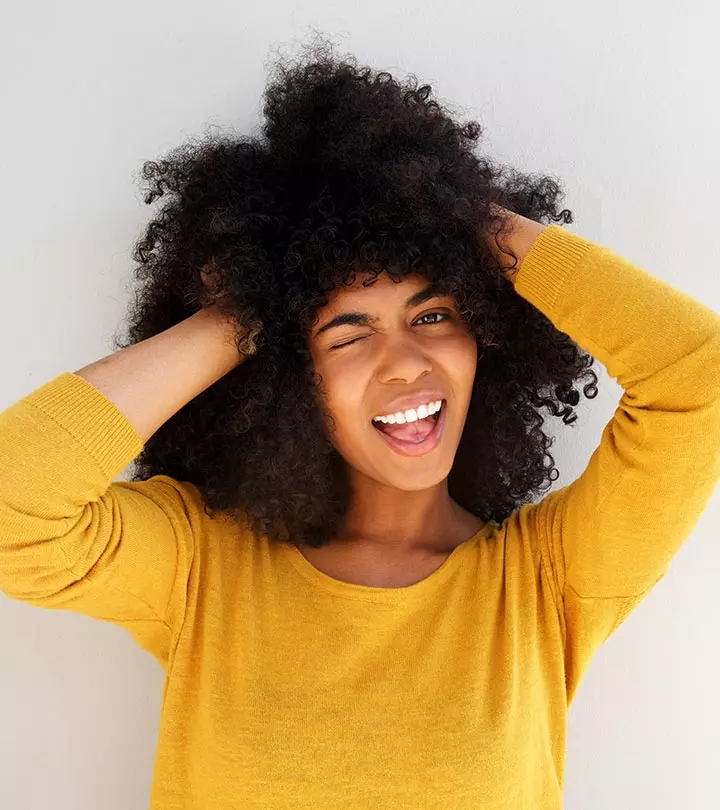
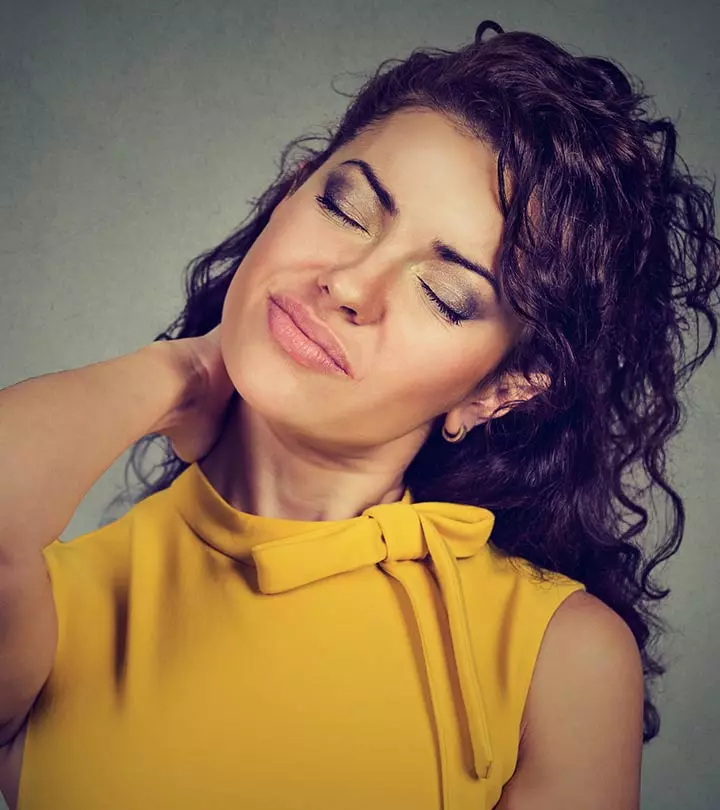
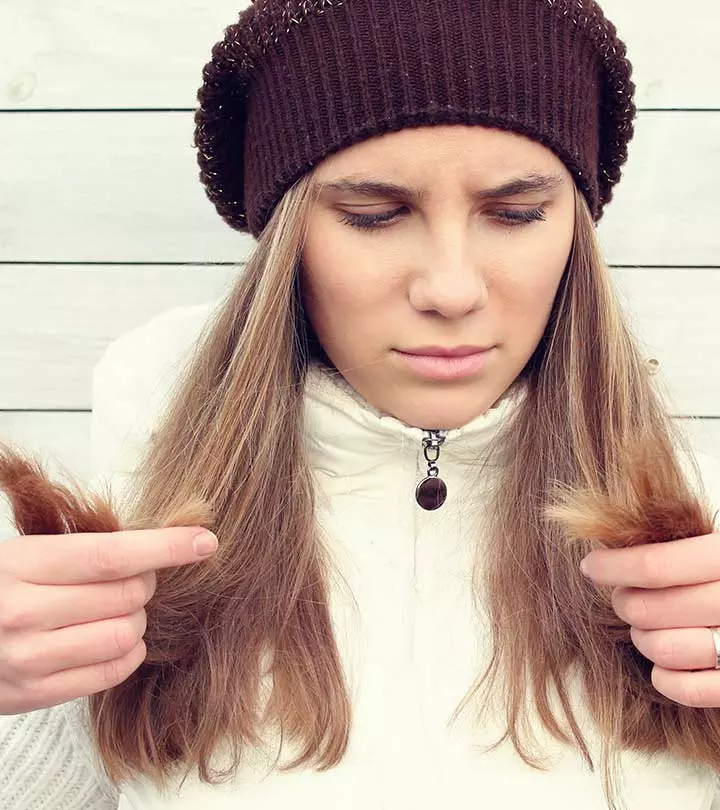
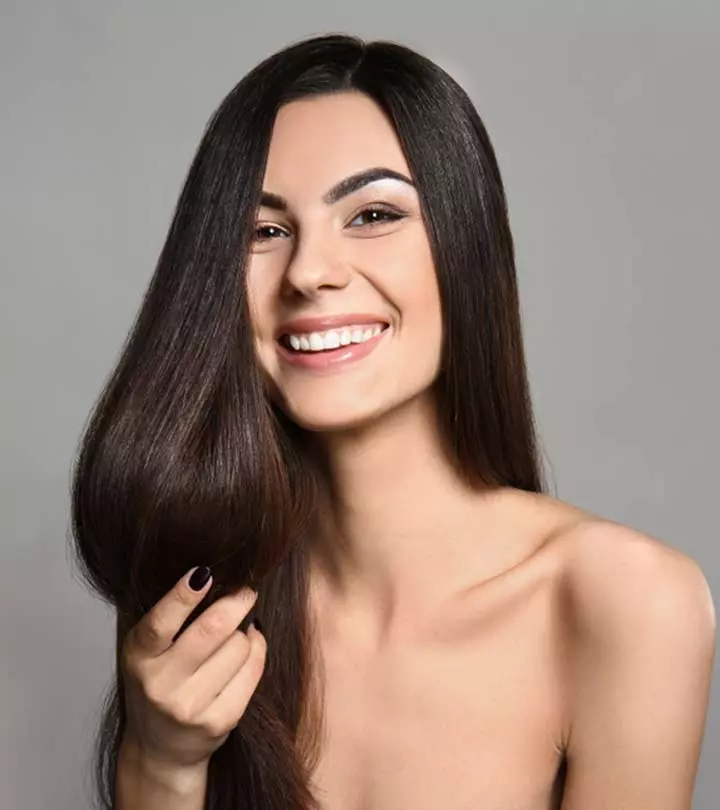
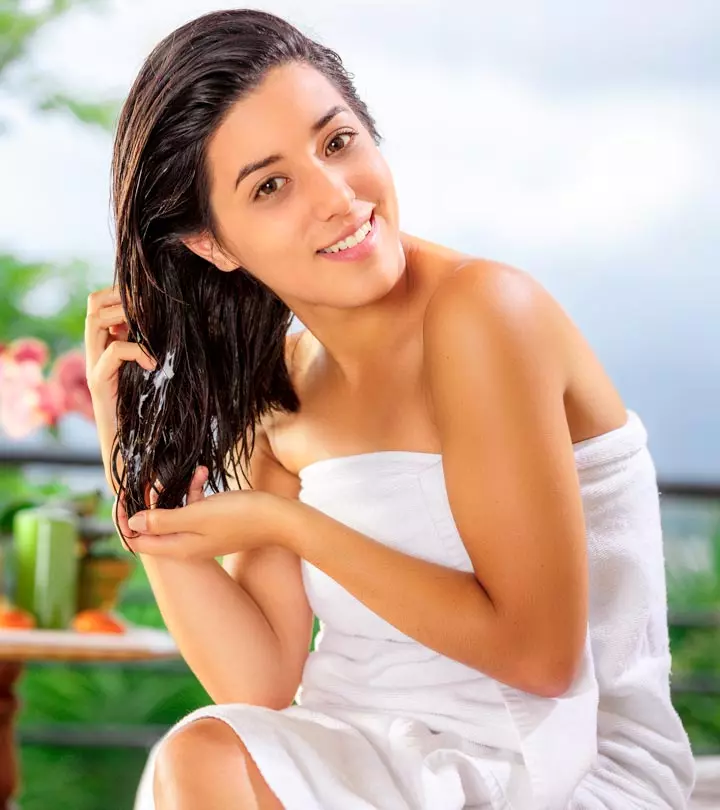

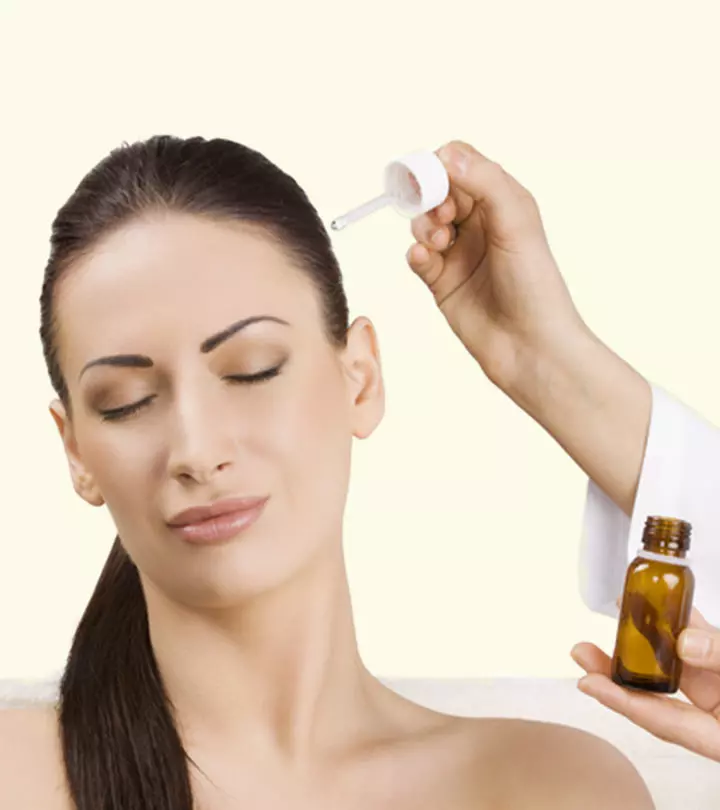
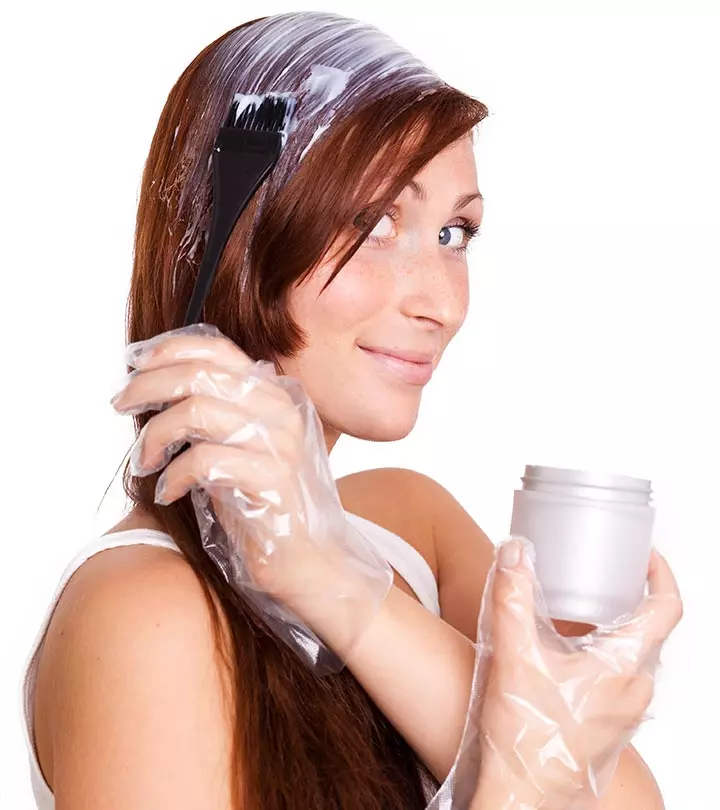
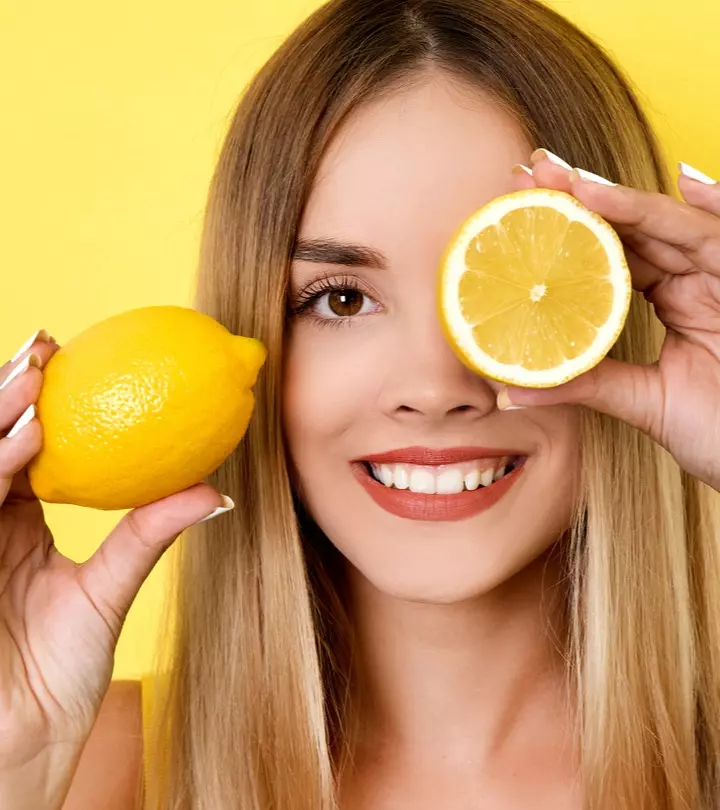



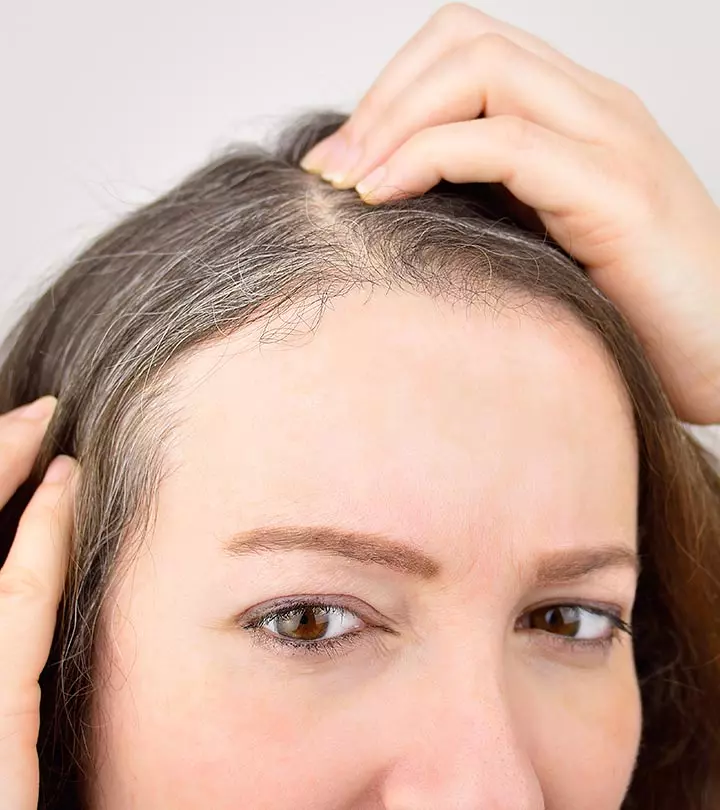
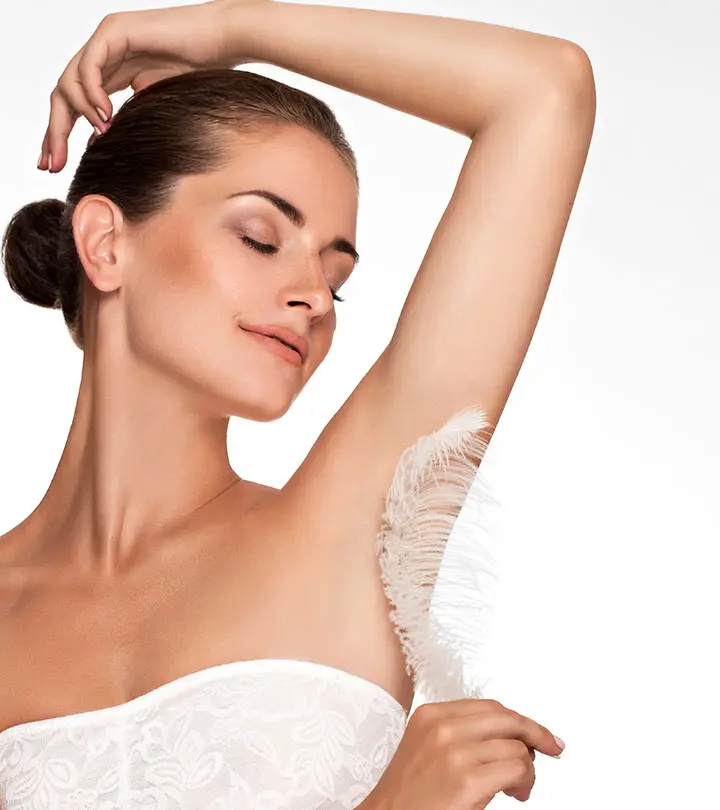
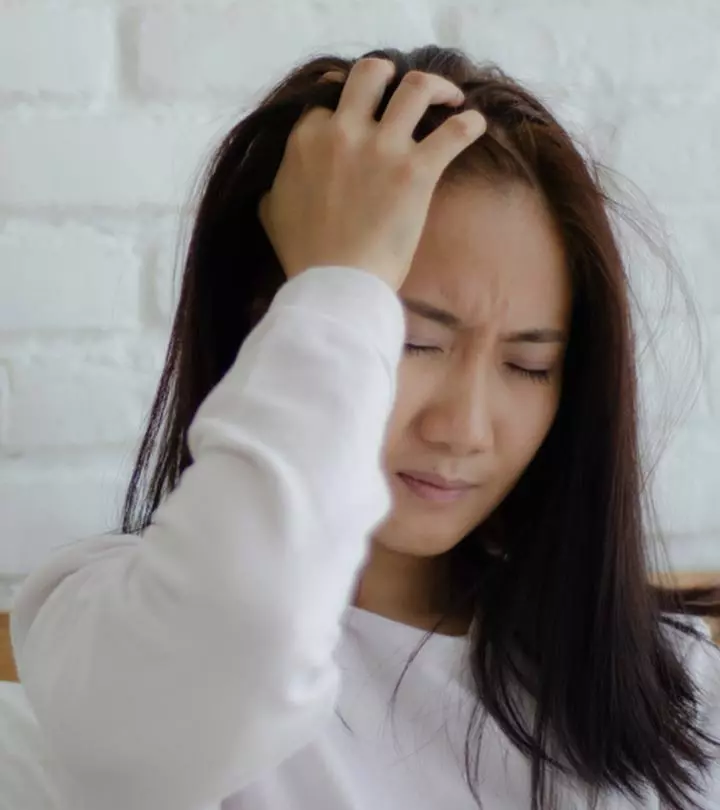
Community Experiences
Join the conversation and become a part of our empowering community! Share your stories, experiences, and insights to connect with other beauty, lifestyle, and health enthusiasts.